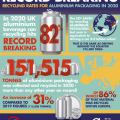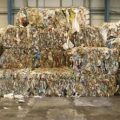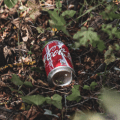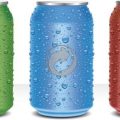Aligned with the goals of its ‘Twenty by 30’ program to improve the circular economy, Crown has announced its commitment to work with industry partners to achieve ambitious new global recycling rate targets for aluminum beverage cans. Designed to be completed by 2030, these targets focus on the inherent recyclability of metal to encourage a more responsible industry.
In the case of the Americas, Crown maintains operations and includes the United States where it has set out to raise the current average of 45% to achieve ambitious milestones of 70% by 2030, 80% by 2040 and 90% by 2050. Also in Mexico, it expects to maintain more than 90% by 2030 and to work with industry partners to establish recycling rates throughout the country, as in Brazil with a 97% recycling rate by 2030.
In Europe, the Middle East and Africa (EMEA) the company expects to reach 80% in the countries where it operates while in Asia Pacific it expects to establish recycling rates by 2030 throughout the country.
To increase aluminum can recycling rates, Crown will work together with industry partners to help support improvements in public and private access to recycling, encourage consumer education on the importance of recycling used beverage cans (UBCs), help fund can capture technologies to improve recycling. To date, Crown has already made significant progress in these areas, including helping to fund five grants awarded to facilities in the United States, a contribution that will result in the annual recycling of an additional 71 million PCBs.
“The beverage can already stands out as the world’s most recycled beverage package,” says Juan Rost, vice president, global sustainability and regulatory affairs at Crown. “Still, more work remains to be done to enable us to capture and reuse as much aluminum as possible. Our efforts will help ensure that even more UBC, which is the most valuable product in the recycling system, is successfully recovered and kept out,” he adds.
While set and spearheaded by Crown, the new recycling targets will require widespread action and support, including significant contributions from consumers, manufacturers, industry associations and advocacy groups and beverage brands. CPGs in particular will help create greater traction with the public’s recycling practices, due to their close connections and interactions with consumers around the world.














